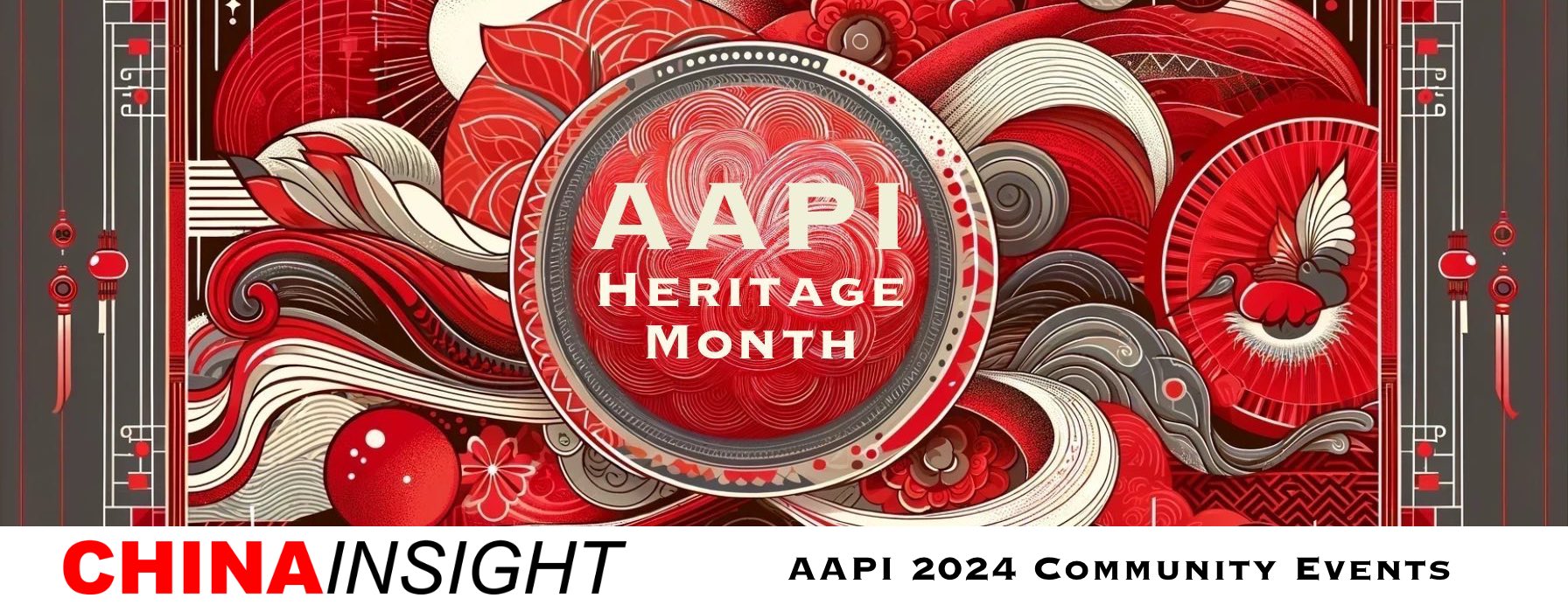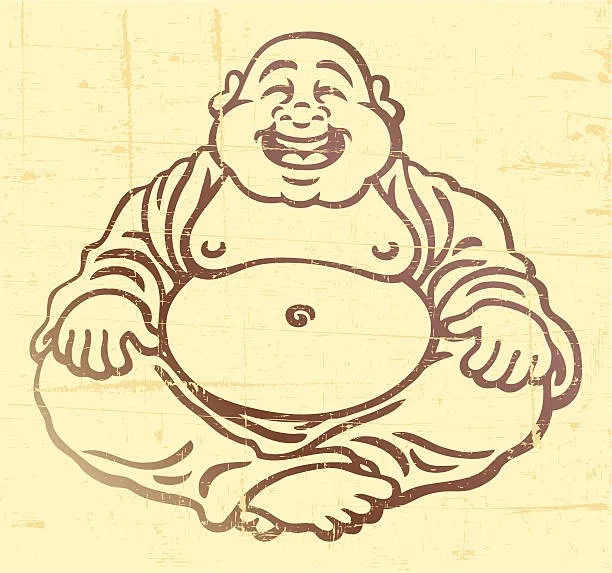By Greg Hugh
2333. You might think it’s a random number unless you’ve spent a good chunk of time chatting with Chinese netizens or wading through the comments on Weibo.
Well, put simply, 2333 is the Chinese equivalent of typing ‘haha’ or ‘lol’. It’s internet speak for laughter. But why this particular number, you ask?
It comes from the Chinese manga called 网络漫画. In this manga, the character that represents laughter is denoted by “233”. So when something’s really funny, or if someone wants to express a drawn-out laugh, they start piling on the threes. The more threes, the longer the chuckle.
Imagine you’re texting your buddy in China, and they drop a killer joke. Instead of our standard ‘hahahaha’, a stream of 23333 would flow forth. It’s textually economical and packs a punch of cultural nuance.
When I learned about this, it actually intrigued me. This sort of linguistic evolution is common in the digital realm. English has ‘lol’, Spanish speakers might type ‘jajaja’, and Thai people often use ‘555’ because the number five is pronounced ‘ha’.
It’s fascinating how humor and the way we express it digitally can cross language barriers. These tiny, yet meaningful insights make you feel more connected in a world that’s anything but small.
So next time you see a string of 2333, just know—somewhere across the world, someone is having a good laugh.


